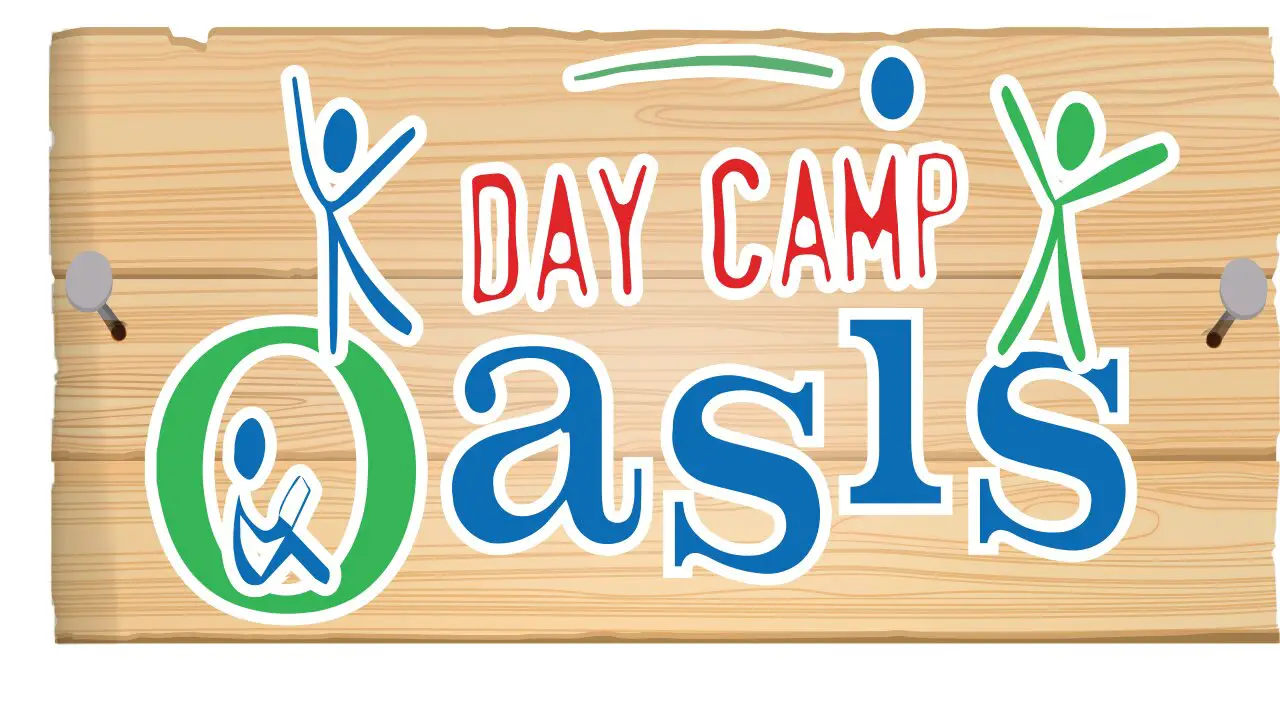
Is My Child Ready to Be a Counselor-in-Training at Summer Camp?
What being a counselor-in-training really means, and what camp directors look for in their trainees

What being a counselor-in-training really means, and what camp directors look for in their trainees

The Admissions Angle offers bespoke college consulting services to highly motivated students with dreams to attend top colleges and universities in Am...
Eastchester, NY Since 1996, thousands of students have taken dance lessons with our highly talented and nurturing teachers.

New York, New York Today we simply don’t know enough about autism. SPARK— a landmark autism research project — aims to make important progress possible.

Central Park, Manhattan,